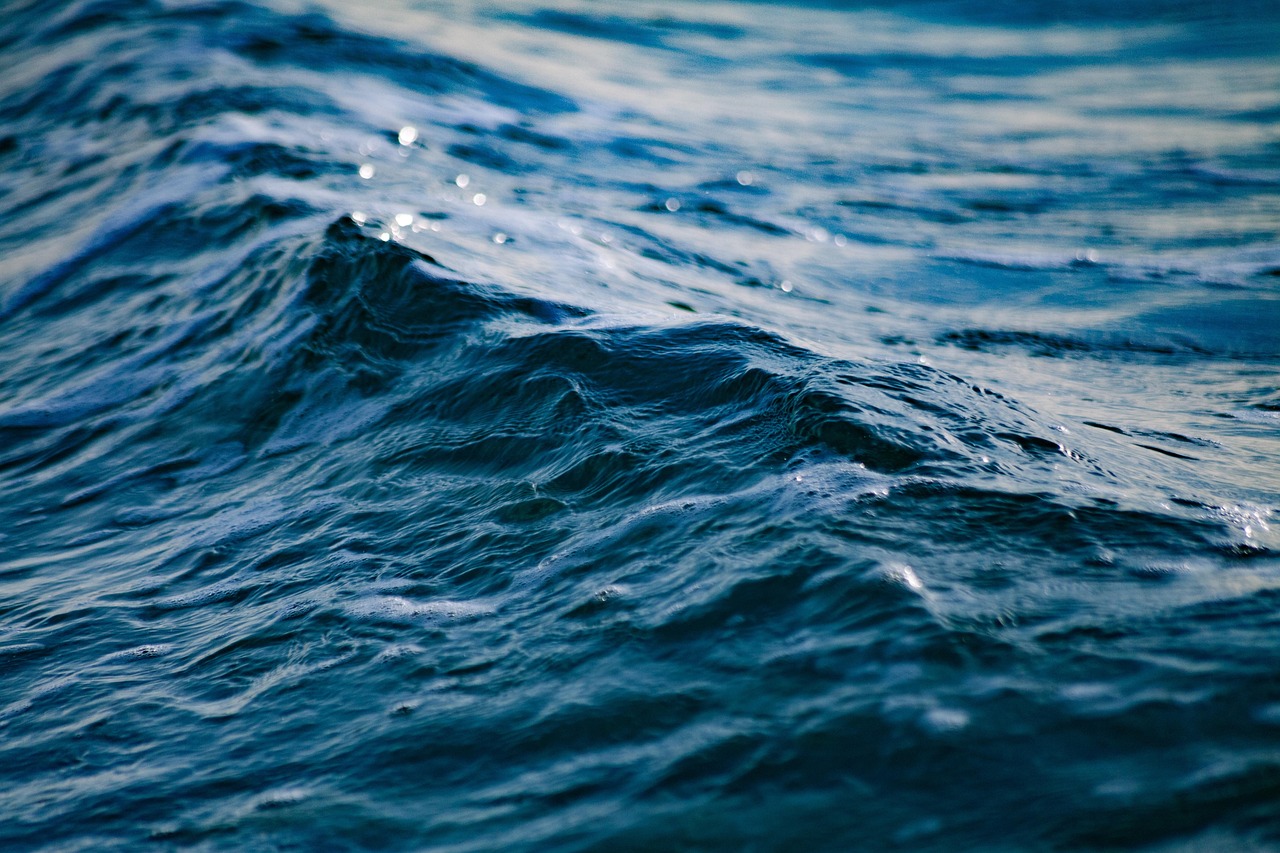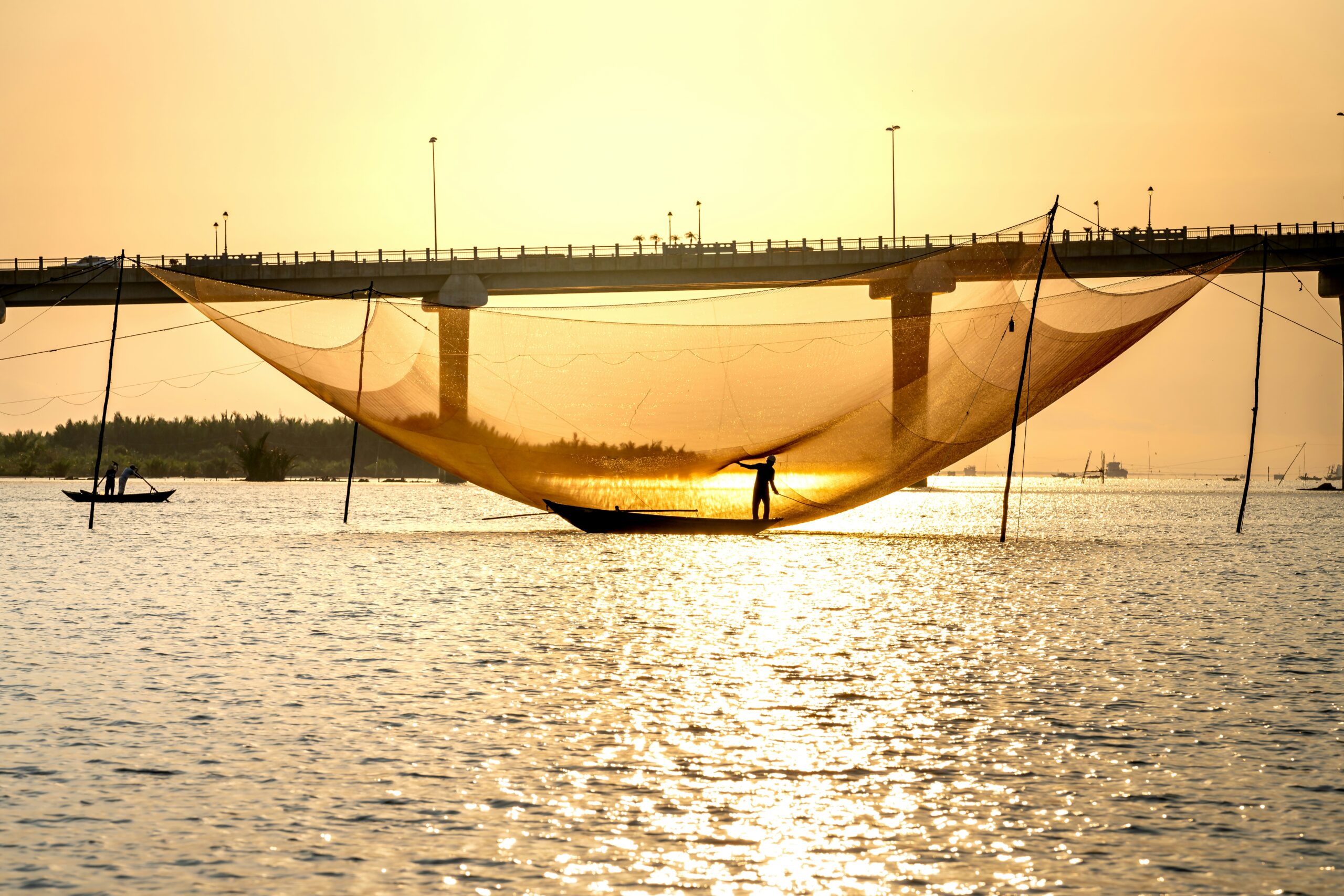Fresh water
Freshwater refers to water that has a low concentration of dissolved salts (salinity), typically less than 0.5%. It is primarily found in rivers, lakes, ponds, streams, and groundwater. Freshwater is crucial for human consumption, agriculture, and maintaining biodiversity on Earth. Unlike saline water (e.g., ocean water), freshwater is essential for drinking, farming, and supporting most of the world’s ecosystems.
Characteristics of Freshwater:
- Low Salinity: The main characteristic of freshwater is its low salinity. Freshwater typically contains less than 0.5% dissolved salts, making it suitable for human consumption and most forms of life that cannot survive in saltwater.
- Natural Sources: Freshwater is found in natural sources like rivers, lakes, ponds, and springs. These sources provide vital water supplies for drinking, irrigation, and industrial use.
- Variability: Freshwater sources are often variable, with water levels and quality depending on seasonal rainfall, weather conditions, and human activity. Many rivers and lakes may experience fluctuating water levels depending on seasonal changes and rainfall.
Types of Freshwater Sources:
1. Rivers
- Rivers are significant sources of freshwater. They transport water across vast areas and provide essential resources for drinking, agriculture, and industries. Rivers support diverse aquatic life, and their water quality plays a key role in maintaining ecosystems.
2. Lakes
- Lakes are large bodies of freshwater that can vary in size and depth. They provide vital water resources for drinking, fishing, and recreational activities. Famous lakes like Lake Superior and Lake Victoria are important freshwater sources.
3. Ponds & Reservoirs
- Ponds and small reservoirs also serve as freshwater sources. These bodies of water are often used for farming, fish farming, and as water supplies for nearby communities. They are smaller than lakes but equally important for local ecosystems.
4. Springs
- Springs are natural sources of freshwater that emerge from underground water reserves. The water from springs is often clean and can be used for drinking and other purposes. Springs are considered one of the purest forms of freshwater.

Uses of Freshwater:
1. Drinking Water
- Freshwater is the primary source of drinking water for humans and animals. Freshwater sources like rivers, lakes, and springs are crucial for daily consumption. Water quality is monitored to ensure its safety for human use.
2. Agriculture
- Freshwater is essential for irrigation in agriculture. Without freshwater for irrigation, crops would fail, leading to food shortages. Freshwater is also used in livestock farming to provide drinking water for animals.
3. Fish Farming
- Freshwater is the primary environment for fish farming. Species like Rohu, Katla, Mrigal, and Tilapia are farmed in freshwater bodies like ponds, lakes, and reservoirs. Freshwater fish farming supports the global food industry and provides a source of protein for many populations.
4. Industrial Use
- Many industries require freshwater for various processes, including cooling, cleaning, and manufacturing. Freshwater is used in industries like textiles, paper production, and power generation.
Freshwater Ecosystems:
Freshwater ecosystems support a wide variety of life forms, including fish, amphibians, reptiles, plants, and other organisms. Different species of plants and animals thrive in freshwater environments, relying on the water for food, shelter, and reproduction. Some of the organisms found in freshwater ecosystems include:
- Fish species like Rohu, Katla, Mrigal (important for aquaculture).
- Amphibians like frogs and salamanders, which often rely on freshwater habitats for breeding and development.
These ecosystems play a critical role in maintaining biodiversity and the balance of natural systems.
Environmental Importance:
Freshwater is not only essential for human consumption but also for the environment. It supports ecosystems, regulates climate, and maintains the balance of nutrients in ecosystems. However, freshwater is under threat due to overuse, pollution, and climate change. Protecting freshwater resources is essential for sustaining life on Earth.


3jllogin is fast to sign up and just gets me straight to the games. Who needs all that extra hassle? Click this join button now. 3jllogin
Xosodalat, you’re my only hope! Just kidding, but seriously, I’d love to win. Wish me luck, and I wish you luck too! See the potential winnings xosodalat.
Finding a solid way to get into 188bet can be a hassle, but cachvao188bet makes it super easy. Finally, a consistent workaround! Here’s the link: cachvao188bet.
Installed tai b66 and it’s running smoothly. Hoping for some good fortune. Download it here: tai b66
The plataforma play pix is smooth, man! I love how easy it is to navigate and find what I’m looking for. Everything loads quickly and the interface is clean. They nailed it. Check out the platform: plataforma play pix
Trying to find a safe Playtime PH APK. Hope this is the right place. Wish me luck! Access the Playtime PH APK: playtime ph apk